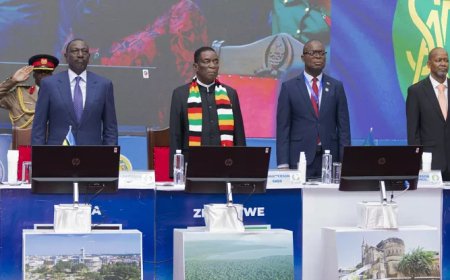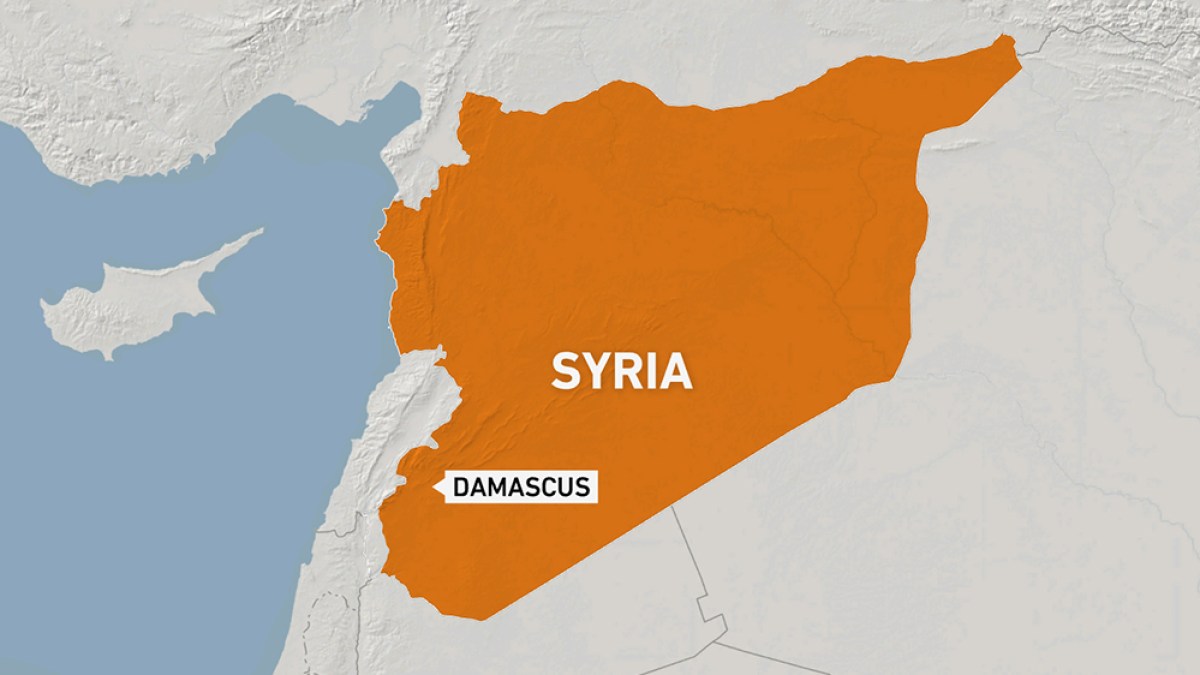Central American President Suggests U.S. Citizens Could Be Next

A growing international controversy is unfolding in Central America after the country’s president, having recently deported several foreign passport holders to one of the region’s most notorious prisons, suggested that U.S. citizens could be the next to face such treatment if they are perceived as threats to national security.
The president’s remarks come on the heels of a high-profile case in which foreign nationals, including legal U.S. residents, were detained and deported to the Terrorism Confinement Center (CECOT)—a maximum-security prison known for its harsh conditions and its role in the government’s crackdown on gang-related violence. Critics have condemned the facility for alleged human rights abuses, while the administration has defended its use as essential to public safety.
In a recent speech, the president doubled down on his tough-on-crime policies, stating that “no foreign passport offers immunity” and that his government would not hesitate to deport “anyone, including Americans,” who are considered to be undermining national security or contributing to domestic unrest.
“If you come to our country and act against our laws or threaten our stability, your nationality won’t save you,” the president said. “Even U.S. citizens are not above our sovereign right to protect our people.”
These comments have raised serious concerns among human rights organizations, legal experts, and U.S. officials, especially in light of ongoing reports of wrongful deportations. One case currently making headlines involves Kilmar Abrego Garcia, a Maryland resident who was mistakenly deported from the U.S. and is now imprisoned in CECOT. Despite holding legal protection in the United States, Garcia remains incarcerated, with both U.S. and Central American leaders refusing to act on court orders regarding his release.
The president’s rhetoric is being seen as a warning—not just to criminals, but to activists, journalists, and international observers who have been critical of his administration’s increasingly authoritarian tone. Several watchdog organizations have urged foreign governments to issue travel advisories and conduct diplomatic reviews of their relationships with the Central American nation.
“It’s deeply troubling to see foreign nationals—including U.S. residents—treated this way, and even more concerning to hear threats that American citizens could face the same fate,” said a spokesperson from Human Rights Watch. “This marks a dangerous escalation in the erosion of legal norms and protections.”
As the situation develops, international pressure is mounting. The U.S. State Department has not yet issued a formal response, but internal sources suggest high-level discussions are underway. Meanwhile, civil liberties advocates warn that this could set a dangerous precedent for international law and the treatment of foreign nationals worldwide.
In an era of shifting global power dynamics and increasingly hardline national policies, the warning is clear: citizenship alone may no longer guarantee protection—even for Americans abroad.
What's Your Reaction?
 Like
0
Like
0
 Dislike
0
Dislike
0
 Love
0
Love
0
 Funny
0
Funny
0
 Angry
0
Angry
0
 Sad
0
Sad
0
 Wow
0
Wow
0


















